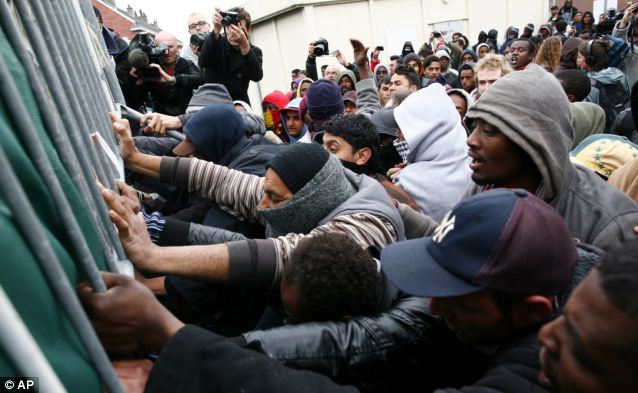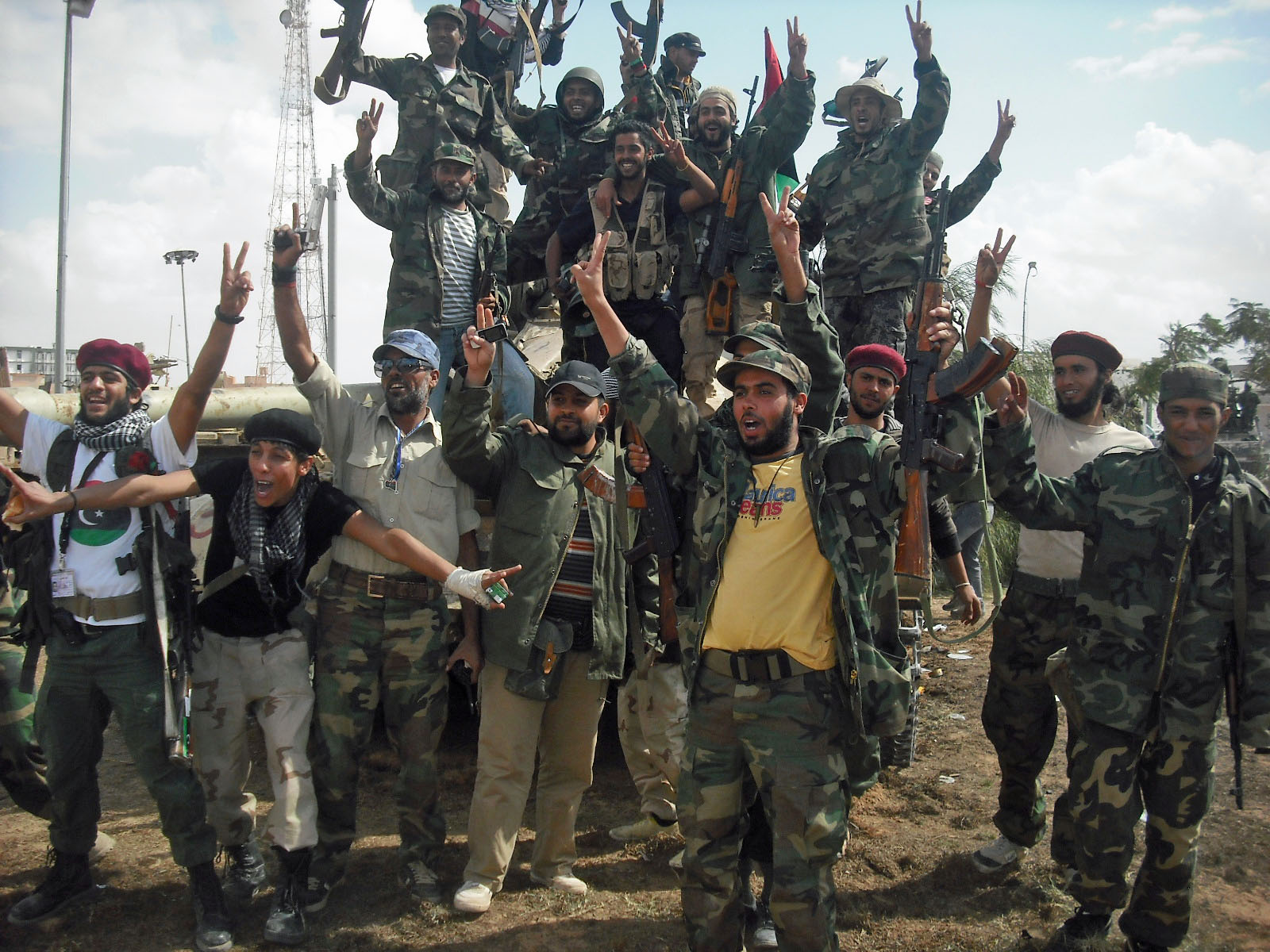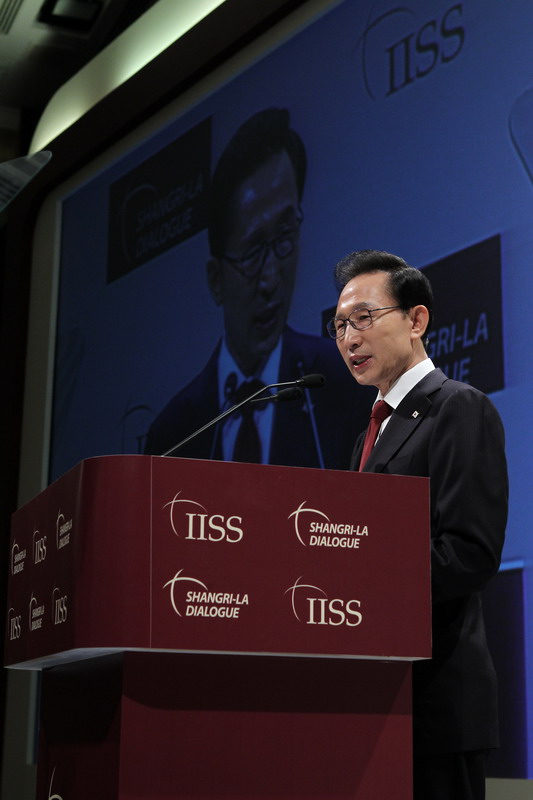Before we delve into the question for this week, we are very happy to announce that an official at the Atlantic Treaty Association (ATA) has contributed to this edition of the Water Cooler. We are very honoured and hope to continue reaching outside of the NAoC office for opinions!
This weeks Water Cooler question:
On June 25 and 26, the heads of state from Europe are meeting to discuss proposals from the European Commission for a “European Agenda on Migration.” The crisis in the Mediterranean has only increased over recent months, with an estimated 100,000 migrants and asylum seekers crossing since the beginning of 2015. Over 1500 have died at sea.
The UNHCR estimates that 60% of these people originate from Syria, Afghanistan and Somalia. Specifically, Libya has become the main hub utilized by smugglers to bring these migrants and asylum seekers to Southern Europe by boat. This naturally follows the collapse of internal stability in Libya due to civil war. Italy and Greece have bore the brunt of the crisis, forced to find ways to control the flow and provide adequate shelter to thousands of people per day.
Should other countries, including the USA and Canada, do more to help alleviate the issues regarding migrants in the Mediterranean?
The Responses:
Hasan: It Could Have Been You.
Program Editor, Expanding Community
Yes, North America should help alleviate migrant issues! The reason being? Because they are human beings! Many people tend to forget that these people are someone’s family, someone’s friend; an actual individual that has needs and wants. These people are not just numbers in the paper to disregard like the scoreboard number from last night’s Blue Jays game. They have left their place of origin because extreme circumstances appeared – war, famine etc. Most of us have never felt the helplessness being adrift on a boat, turned around by the coast guard, withering away; but it would be nice if we could try to even comprehend, or at least sympathize. Remember. You, the reader, are also a human being, the difference between you and those on a boat in the middle of the sea is that you were not born into a circumstance which forced you to escape it. You were fortunate enough to be in Canada where safety and security is a priority; they were not. So why not extend a hand? It could have been you.
Stefan: A Logistical Nightmare.
Program Editor, Procurement
The current situation in the Mediterranean is a humanitarian disaster. What makes it even more tragic is that many of the deaths from drowning could have been prevented. In a larger sense, the current refugee situation in the region is a major strategic problem not only for Europe, but also the broader NATO alliance. The mass migration of undocumented refugees is a major potential security risk. In recent months, many national governments have expressed concern about foreign fighters with the Islamic State returning to their home countries.
The current refugee crisis is a two-fold burden on Europe’s coastal nations, principally Italy and Greece. First, the national navies and coast guards have limited numbers of ships and aircraft for monitoring and intercepting the refugee boats. Furthermore, every time a ship is assigned to escort a refugee boat, it is no longer on station for the various refugee boats that follow. Keeping task forces at sea 24-7 is a costly exercise, especially with the strain on equipment and personnel. Second, the refugees pose an immense logistical burden for Italy, Greece and other effected countries. Not only do the refugees need to be housed, but many also require advanced medical care.
In the longer term, European governments will have to commit considerable resources to integrating successful refugee claimants into their societies. All these obligations pose tremendous burdens, particularly in a time of austerity and financial uncertainty. For the sake of broader global security, it would make sense for Canada and the United States to contribute ships, aircraft and personnel on a rotating basis. Similar, for example, to Combined task Force 151 that involved ships from multiple nations combating piracy off of Somalia’s coast.
Victoria: Whether They Want To Or Not.
Program Editor, Women In Security
Dear NATO members, particularly America and Canada, here’s why you should do something:
1) Arguably, just like every other crisis it seems, you contributed to this mess. Namely, by supporting a little regime change in Libya (2011) without pushing for a long-term strategy to rebuild a nation. Today, Libya is the main traffic zone for illegal smuggling and a headache for your allies.
2) NATO’s head, Jens Stoltenberg, said recently, “We have to be united to tackle this crisis.” Because, as he suggests, extremist fighters could be utilizing this migrant crisis as a way to infiltrate the EU. The continued instability of North Africa and the potential instability of Southern Europe are not in your interest.
3) Many European (NATO) allies came to your aid; I’m especially talking to you America, when you went into Afghanistan. Really, the War on Terror at that point wasn’t really “their problem,” but they saw how it could be. Right now, the migrant crisis isn’t really “your problem” but in a few years it could escalate to mass destabilization.
Particularly, the EU needs NATO to promote capacity building in Libya. Although, it must be said, they have failed spectacularly in similar ventures, that is where NATO’s role is. Their role isn’t necessarily in the Mediterranean, but in Libya.
Trevor: Canada’s Problem? I Think Not.
Program Editor, Canada’s NATO
Every year there is a steady flow of irregular migrants who make the trip through Africa and across the Mediterranean in order to try and make a better life for themselves in Europe. This flow has been combated by many EU member states through a policy centered on security and militarization of its external borders. These EU states have also tried to externalize the problem by giving development aid to North African countries in exchange for readmission agreements and the promise to clampdown on migrants before they try to cross the Mediterranean.
These policies have proven to be ineffective in solving the problem. The consequences of increased border control has had the unintended consequence of diversifying migrant routes, forcing European countries to patrol an even greater geographical area. It has also led to the professionalization of smuggling which combined with the more dangerous routes migrants have to travel on, has led to an increased vulnerability of migrants.
So where does the U.S. and Canada tie in? They don’t. Europe created this problem by opening its borders to migrants for cheap labour, and has continued to neglect the problem by continuing its failed policy of securitizing and militarizing its borders. Europe has the money and the knowledge to fix this problem, it now just needs the will. It needs to take the advice of the European Commission and create real and lasting partnerships with each other and with African countries to ensure that they address the root causes of irregular migration and ensure most importantly the safety of migrants.
Anonymous: Of Course They Should. 
Atlantic Treaty Association Official
Yes, the USA and Canada can and must do more to alleviate the issues regarding migrants in the Mediterranean for their own strategic interests.
Their contributions can be divided into the following:
1) Sharing Best Practices:
Canada and the US have, in contrast to many European countries, more effective and better managed policies towards migration. Taking as an example the case of Canada’s coping with the MV Sun Sea in 2010, various practices and operational procedures learned from this case can be applied to European authorities patrolling the Mediterranean. Canada could send experts to help advise and train regional authorities in addition to setting up formal training courses and operational manuals if requested.
2) Contribution of Operational Capabilities:
Based solely on requests from fellow NATO allies and under a UNSC mandate, the US and Canada could deploy ships, personnel and monitoring/surveillance equipment in order to assist both EU and MENA countries in coping with this crisis.
3) Diplomatic Assistance:
A variety of agencies and international organizations to which both the US and Canada belong too can be of assistance in building a legal basis for continued operational, logistical and financial assistance to countries coping with this crisis. These efforts should concentrate on international organizations that Canada, US and European nations are all members of such as NATO, UN, OSCE and G7 as well as agencies such as the International Red Cross which can be used to build and coordinate international policies, operational commitments and financial subsidies. For example, Canada could push to further extend the mandate and reinforce Operation Active Endeavour, NATO’s ongoing counter-terrorism mission in the Mediterranean. In addition, Canada and the US could increase their support to regional entities such as the African Union (AU), Arab League and Economic Community of West African States (ECOWAS) to assistance regional bodies in the pre-emption and prevention of these crises.
The reasons why are simple:
1) Failure to do so will set a bad precedent if and when similar crises arise in the Western hemisphere.
2) Many migrants who succeed in illegally entering Europe plan to eventually head to North America.
3) Human smugglers who are successful in reaching and exploiting Europe will inevitably set up a network to reach North American shores.
4) Creating a coalition to cope with this problem, reinforced with real operational and financial support is in North America’s strategic interest in order to prevent further state failure, economic frailty or social upheaval in the MENA region.








